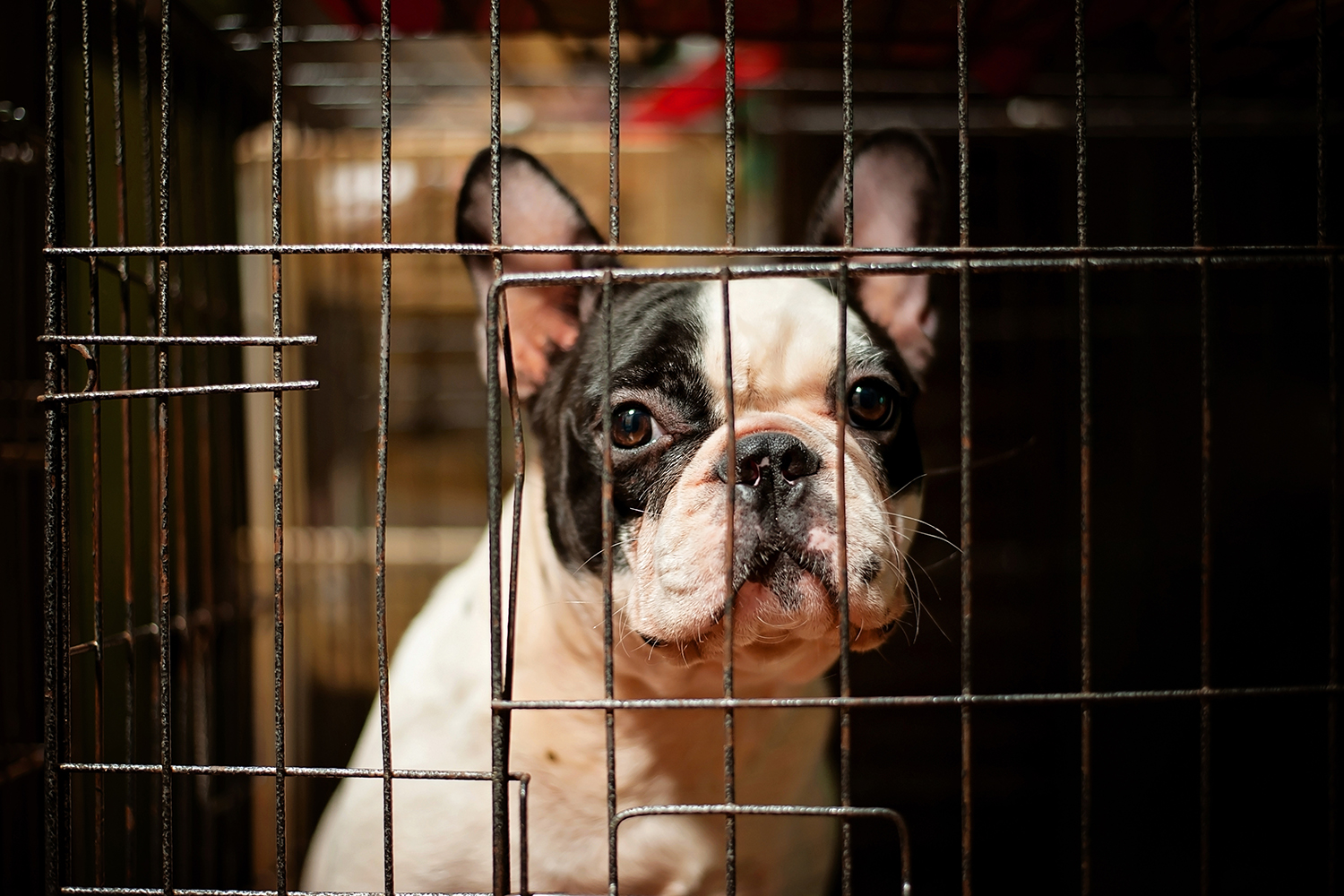“Operation Dog Catcher” highlights growing awareness of dog importation problems
... and the growing sophistication of importers
By: Patti Strand Date: 05/7/2019 Category: | Animal Welfare | Canine Issues | Rescue |
A recent CDC article by Molly K. Houle, DVM, illustrates the growing awareness of the problems of dog importation by government agencies, what they are doing to stop it, as well as a growing level of sophistication among groups trying to smuggle dogs into the United States...
This is an excellent piece that brings up animal welfare issues, health risks to animal and human populations, as well as the callous greed that fuels much of the illegal dog importation business.
 Smaller, popular breeds like the adorable French Bulldog are especially common among illegal importers. Smaller, popular breeds like the adorable French Bulldog are especially common among illegal importers. |
Top welfare issues: early separation of puppies from their mothers and littermates, unsafe and inhumane travel conditions, sneaking in puppies by shipping pregnant dogs (!), and even puppies arriving dead.
Top public health issues: the risk to both animal and human populations by shipping dogs that are too young to vaccinate (rabies is the prime concern here).
Finally, the duplicitous, greedy side of importation is directly called out in Dr. Houle's article:
The motives behind illegal puppy importation are not immediately obvious. However, a closer look reveals a big business driven by profit at the expense of the health and welfare of the underage puppies. Importers aim to get around these regulations, because customers demand puppies as young as 8-weeks. Profits decline by the thousands with each month a puppy ages. The puppy-loving public creating the demand is part of the problem.
Many dogs are bred irresponsibly in large numbers in “puppy mills” overseas, where the risk of congenital abnormalities and disease is high. Importers then fly them as cargo in large batches, claiming them as “rescue” dogs, valued at $0 on their paperwork, and allowing the importers to evade entry and broker fees.
[...]
Another ruse is to recruit a “flight parent,” offering travelers a free flight in exchange for claiming the dogs as their own on their flight to the United States. The importers tell the unsuspecting flight parent they are helping to transport rescue dogs to meet their adoptive owners at the airport. They then give a description of the new families or transporters and a meeting point at the airport to make the exchange. The transaction between the flight parent and the puppy’s new family leaves no paper trail.
If it were not experienced and documented by customs and border agents, the callous cynicism of preying on consumer desires for 1) puppies, 2) purebred dogs, and 3) "rescuing" their next pet, the behavior exhibited by importers would be about as believable as a comic-book villain. Yet here we are today with a shortage of dogs in many parts of the United States and opportunistic importers happy to skirt the bounds of decency and legality to fulfill unsuspecting consumers' demand for dogs. Where have we heard this story before?
 |
About The Author
All Authors Of This Article: | Patti Strand |










